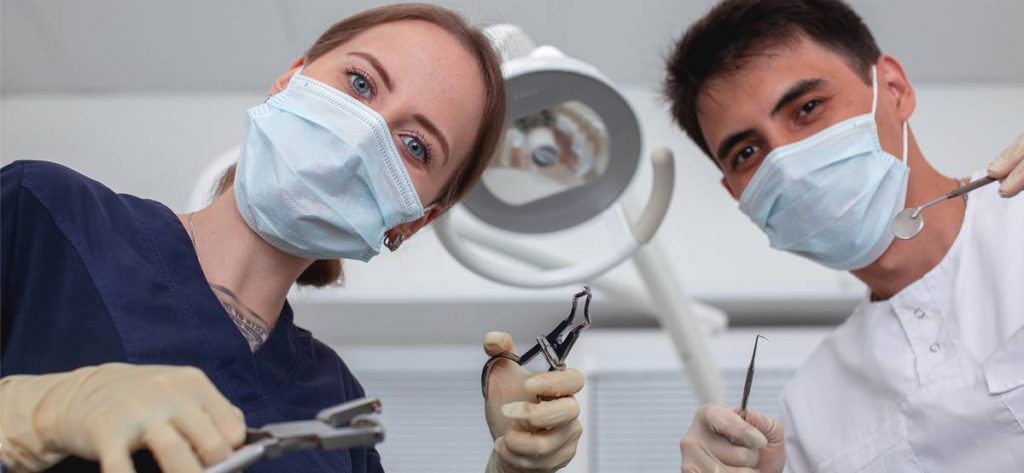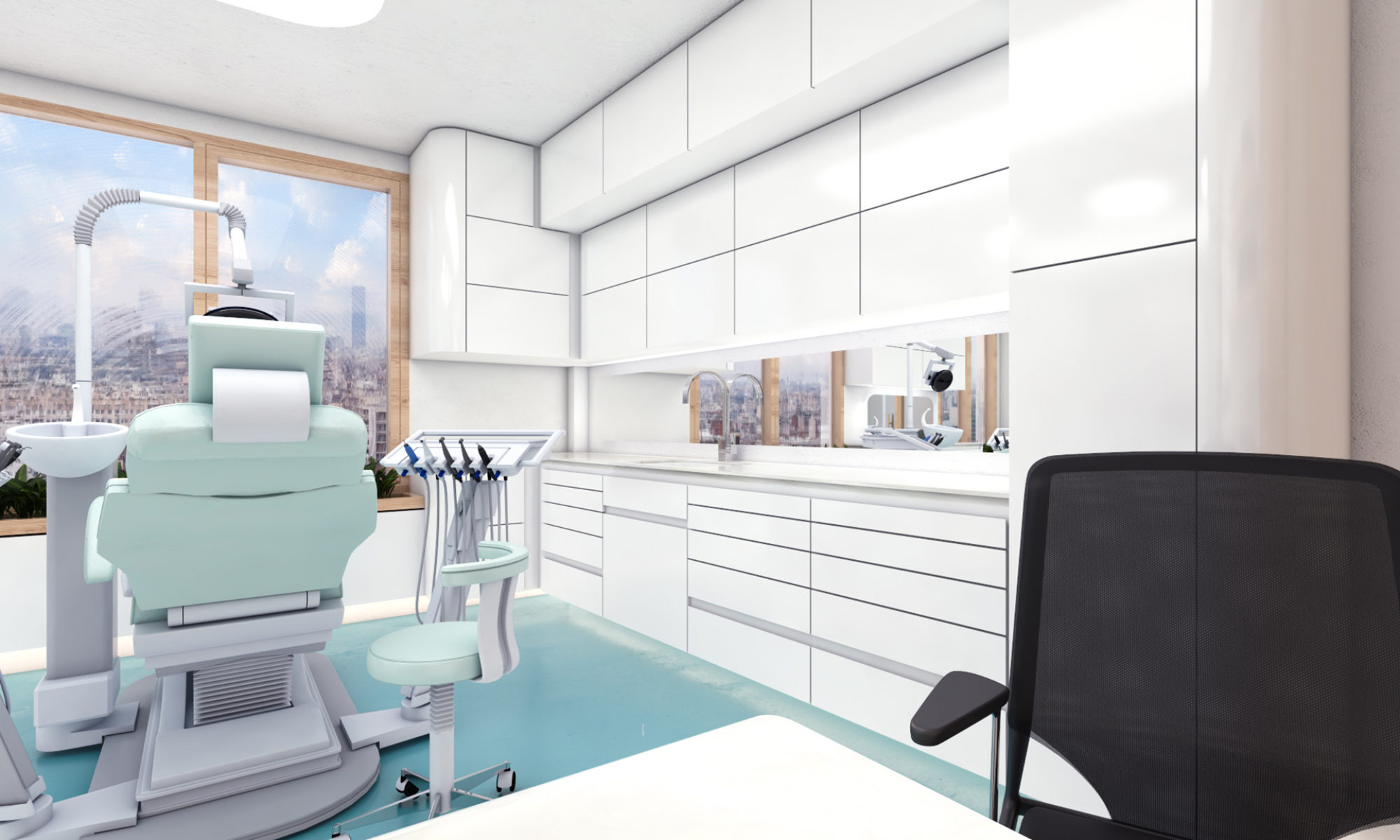
The dentist in the office conducts consultations daily. It is necessary for the doctor as well as for the patient. What interests the doctor first of all? And what can you get in a consultation?
To benefit from a dental consultation, you need to prepare for it in advance. Think about the questions you would like to ask the dentist, you can even write them down.
As a rule, the consultation begins with simple communication – it is necessary to create a trusting atmosphere. It will help both you and your doctor focus on your health. During the conversation, try to answer the doctor’s questions accurately and specifically. You need to understand that the doctor asks questions for a specific purpose. There are a number of diseases that are related to the profession, general diseases, place of residence and diseases of your relatives. All the data that you can provide is important for making a diagnosis.
In addition, you need to explain your complaints in detail. If you have more painful sensations, you should try to explain the exact location of the pain, its duration and at what time the appearance is typical. For the doctor, the nature of the pain matters – dull or acute pain indicates different processes occurring in the tissues of the teeth, gums and jaws. If the pain appears in the evening or the pain is associated with certain irritants, you should also inform the doctor about this. Even an insignificant trifle from your point of view can give the doctor the basis for the correct diagnosis and adequate treatment. Pain is an important symptom indicating the cause of the disease. But there are diseases that develop without any pain. That doesn’t make them any less dangerous. If you do not feel pain, but you have other unpleasant sensations – a metallic taste in your mouth, a burning sensation, itching, a sensation of a foreign body, and so on, you must definitely point out these when talking with your doctor.
In addition to the survey, the dentist necessarily examines the patient. A qualified doctor examines not only a specific tooth, which the patient points out. The doctor can make a correct diagnosis only if he conducts a complete examination. This refers to the examination of the skin of the face and mucous membranes of the eyes, the red border of the lips, gums, tongue. Dental check-ups are a must. The examination is also supplemented by dental measures – probing, percussion. There is no need to refuse, as the information obtained in this way is of great value. In some cases, the doctor also performs palpation, for example, of the lymph nodes.
When a doctor performs such a thorough examination, you can be sure that he is a qualified specialist and can be trusted.
After the interview and inspection, you can ask other questions. The doctor already has an idea of your health and can draw up a treatment plan. It is not necessary to think that the treatment consists only in the manipulations in the oral cavity, which are carried out in the dental office. There are a number of activities that are carried out by the patient himself. For example, taking vitamins or trace elements that you need. Often the doctor has to give detailed instructions for hygiene procedures. Clarifying such details is important, first of all, for you. After all, compliance with the rules of hygiene play an important role in the development or prevention of diseases of the teeth and gums.
Here is a sample list of questions you should ask your dentist during a consultation:
- Am I doing good oral hygiene?
- What needs to be corrected in hygiene procedures?
- Which hygiene products are best for me?
- What you need to pay attention to in relation to maintaining the health of the dentoalveolar system (bad habits, consulting a general practitioner, taking prophylactic drugs, etc.)
Very rarely, conflict situations arise in communication between a doctor and a patient, when misunderstanding creates uncertainty. To avoid this kind of trouble, the doctor may suggest that you conduct additional examination methods: x-rays, computer diagnostics, clinical tests. It is necessary to treat such recommendations with understanding and not to refuse them. Besides the fact that you will receive more complete information about your health, you will also receive objective data that will form the basis for proper treatment.
If you know about some features of your body – an allergic reaction to a certain medication, a specific infectious disease (HIV, hepatitis), you must inform your doctor about it! This can help in the diagnosis and treatment process, as well as save you from taking unnecessary risks.
We wish you good luck and health!
